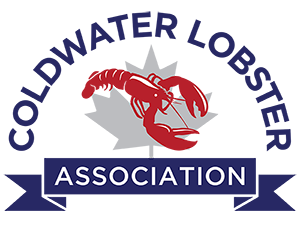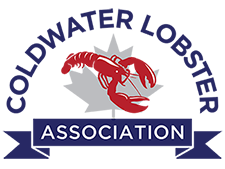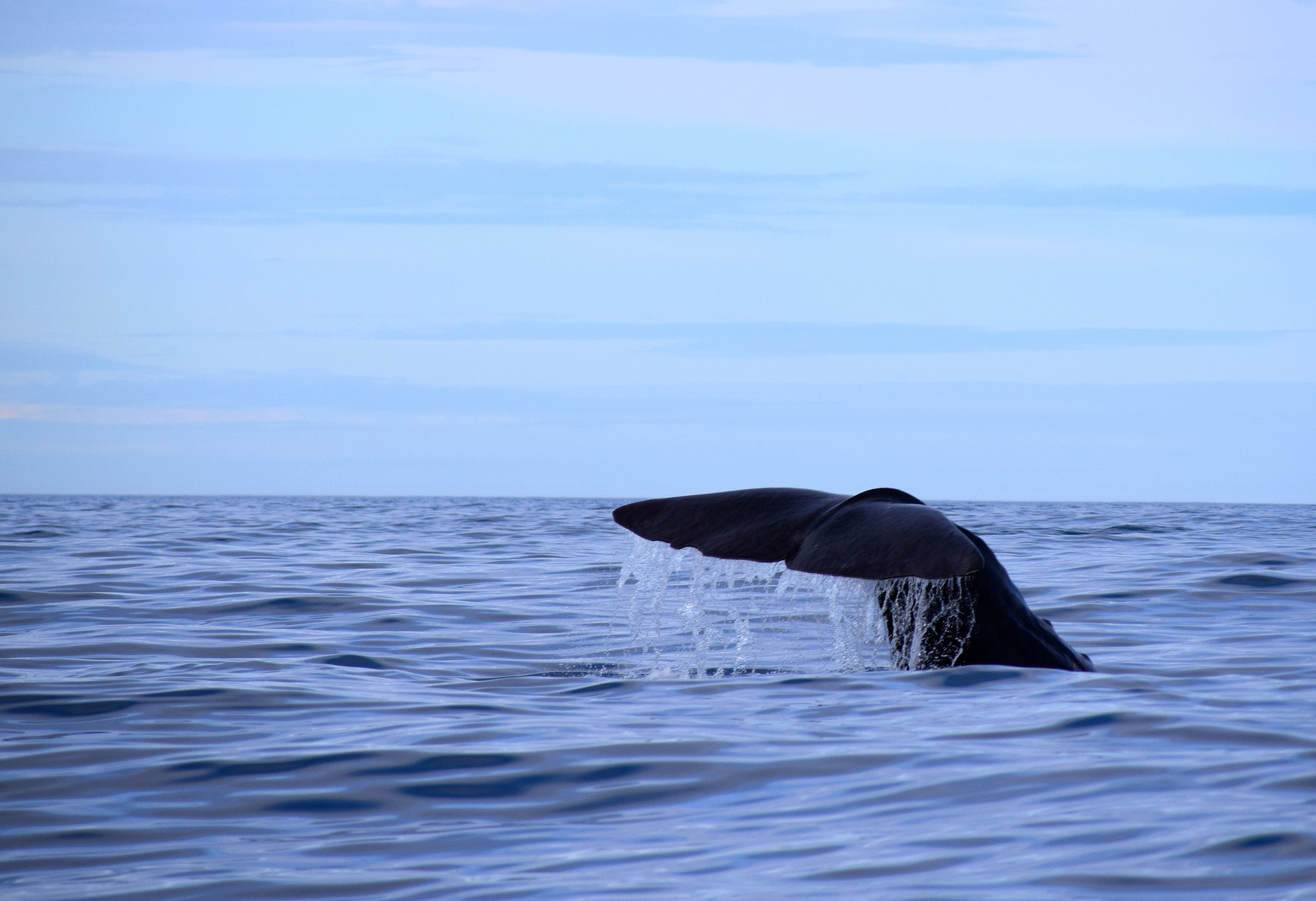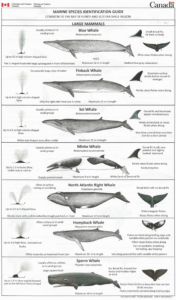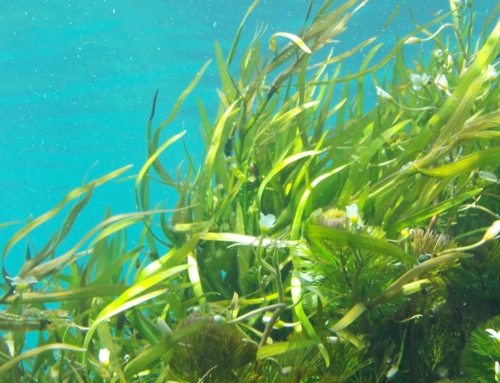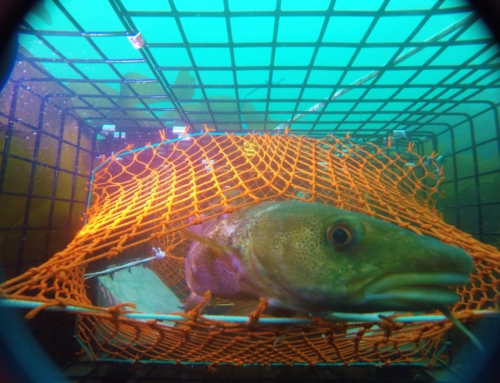The North Atlantic Right Whale (NARW) is listed as ‘endangered’ under the Species at Risk Act. In 2017, an unprecedented number of NARW interactions were reported leaving a species at risk even more threatened. All Industries operating in our coastal waters must work together to reduce the number of whale interactions to ensure that there are no negative ramifications towards our industry.
In December 2019, DFO announced that mandatory gear marking requirements would be implemented in Eastern Canada starting in 2020 for all non-tended fixed gear fisheries, as well as crab trap and lobster trap fisheries. Further details on the gear marking requirements for the inshore lobster fishery can be found under the CLA News header of our website.
In an effort to monitor NARW migratory movements, DFO has developed an Interactive Map which identifies verified, reported sightings along the United States Eastern Seaboard and throughout Atlantic Canada.
Coldwater Lobster Association’s Marine Mammal Sub-Committee continues to consult with industry leaders, DFO, and other independent science parties to evaluate measures which could assist to mitigate further marine mammal interactions. In addition, Coldwater Lobster Association is currently in the process of developing a Whale Interaction Mitigation Plan.
REPORTING
Any sightings or interactions with North Atlantic Right Whales are to be reported to DFO by calling
1-844-800-8568. If a dead, injured or entangled whale is sighted, harvesters are encouraged to contact the Marine Mammal Response Society at 1-866-567-6277.
June, 2021 – PROTECTING NORTH ATLANTIC RIGHT WHALES: Canada’s Measures in 2021
(CLICK TO READ MORE…)NARW Protective Measures 2021.pdf
APRIL 30, 2018 – NOTICE TO FISH HARVESTERS -MARITIMES REGION
(CLICK TO READ MORE…) https://www.coldwaterlobster.ca/wp-content/uploads/2018/05/Notice-to-Fish-Harvesters-Marine-Mammals.pdf
AN ASSOCIATION SEEKING SOLUTIONS…
2020/2021 APPLIED RESEARCH TESTING
Coldwater Lobster Association (CLA) is currently conducting applied research testing to evaluate the various gear innovations and/or modifications identified by DFO for the inshore lobster industry. These gear types, are listed as potential mitigative measures to reduce potential marine mammal entanglements, yet, there has been little to no at-sea testing on some of these gear types in Canadian waters by fishermen themselves. CLA has solicited the expertise of CORBO Engineering as a key collaborator, to assist in determining the technical requirements and feasibility of weak rope, weak link sleeves, and non-buoyant groundline within the waters of LFA 34. With the use of a load cell, CORBO will measure the breaking strength and safe load of gear when presented with real life environmental conditions in LFA 34. A technical findings report will be released at the end of 2021.
